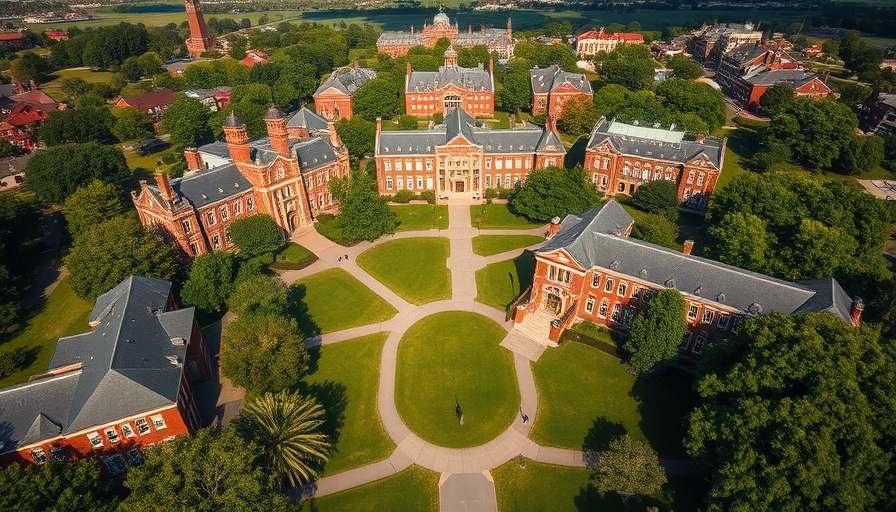
Concerns Over CDC's No-Bid Vaccine Study Contract
The recent decision by the Department of Health and Human Services (HHS) to grant a no-bid contract to the Rensselaer Polytechnic Institute (RPI) for a study examining the link between vaccines and autism has sparked significant alarm among autism researchers. This exclusive contract, described as "unprecedented" by Dr. Helen Tager-Flusberg, leader of the Coalition of Autism Scientists, raises questions about the motivations and qualifications behind such a decision.
Frustrations from the Autism Research Community
Widespread concerns within the research community highlight a general frustration with the apparent sidelining of established researchers in favor of a group lacking top epidemiological talent. Dr. Tager-Flusberg emphasized that the lack of competitive bidding for this study raises questions about the quality of research that may be produced. This decision coincides with the ongoing efforts by HHS Secretary Robert F. Kennedy Jr., who has been vocal about linking vaccines to autism, despite significant scientific evidence disputing such claims.
Navigating the Future of Autism Research Funding
The HHS no-bid contract comes at a time when the National Institutes of Health (NIH) is also soliciting proposals for its new Autism Data Science Initiative (ADSI). Dr. David Mandell from the University of Pennsylvania expressed uncertainty regarding the overall quality of research moving forward, suggesting that the scientific community must remain vigilant about funding that is directed by diverse motivations—some grounded in sound science, others not.
The Bigger Picture: Genetic Predisposition and Environmental Factors
While the focus of the contract with RPI raises eyebrows, it is crucial to recognize that research into autism is multifaceted. Evidence points to a mixture of genetics and environmental factors contributing to autism spectrum disorder. As researchers await the outcomes of numerous proposals, including those from respected institutions, the hope remains that a clearer understanding will emerge—one that is based on rigorous, unbiased scientific inquiry without the shadow of dubious politicization.
In light of these developments, it’s vital for the community to stay informed and engaged with credible research initiatives that seek to unpack the complexities of autism rather than rehash discredited theories. Striving for transparency and integrity in science is key to fostering trust and progress in the field.
 Add Row
Add Row  Add
Add 




Write A Comment